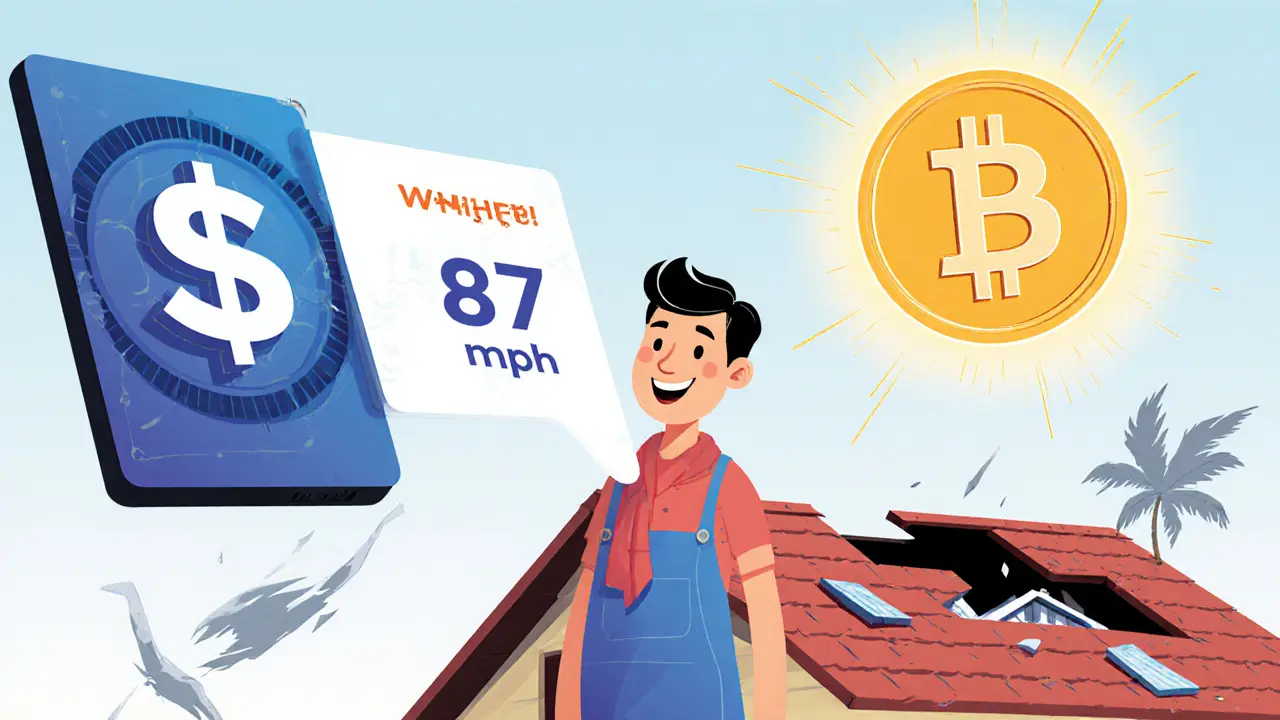Distributed ledger technology is transforming finance, supply chains, and government systems with real-time settlement, tokenization, and smart contracts. By 2030, it could add $1.76 trillion to the global economy.
Smart Contracts: What They Are and How They Power Crypto
When you hear smart contracts, self-executing agreements coded directly onto a blockchain that run without human intervention. Also known as blockchain contracts, they’re the reason you can trade, lend, or play games on crypto networks without needing a bank or lawyer. Think of them like digital vending machines—you put in the right input, and they spit out the exact output, every time, no exceptions.
They’re not magic. They’re code. And that code lives on blockchains like Ethereum, the most popular blockchain for running smart contracts and decentralized apps. When you stake ETH, swap tokens on a DEX, or join a crypto game, you’re interacting with smart contracts behind the scenes. They handle the rules: who gets paid, when, and how much. No middleman. No delays. No room for cheating—if the code says so, it happens.
But they’re not perfect. Bad code can leak funds. A glitch in a contract once cost $60 million on the DAO. That’s why real users check audits, watch for known vulnerabilities, and avoid projects with anonymous teams. Smart contracts enable decentralized applications, software programs that run on blockchains without central control, but only if the code is clean and the team is honest. That’s why you’ll find posts here about failed DEXs like YodeSwap and sketchy exchanges like Nivex—because bad contracts and shady teams often go hand in hand.
Smart contracts also make things like airdrops possible. When APENFT gave away tokens, or when SpaceY 2025 rewarded players with SPAY, it wasn’t a person clicking buttons. It was a contract triggered by wallet addresses, game actions, or social tasks. Same with staking rewards on Ethereum—your earnings are calculated and paid out automatically by code. No emails. No forms. Just trustless automation.
But here’s the thing: you don’t need to write code to use them. You just need to know what to look for. Is the project open-source? Has the contract been audited? Are the devs visible? The posts below walk you through real examples—some working, some scams—so you learn how to tell the difference. Whether it’s a token swap, a gaming reward, or a new DeFi protocol, smart contracts are the engine. And if you understand how they work, you won’t get fooled by hype.
Smart contracts automate insurance claims by triggering payouts when predefined events occur, cutting processing time from weeks to hours. Learn how blockchain is transforming insurance with faster, fraud-resistant claims.

